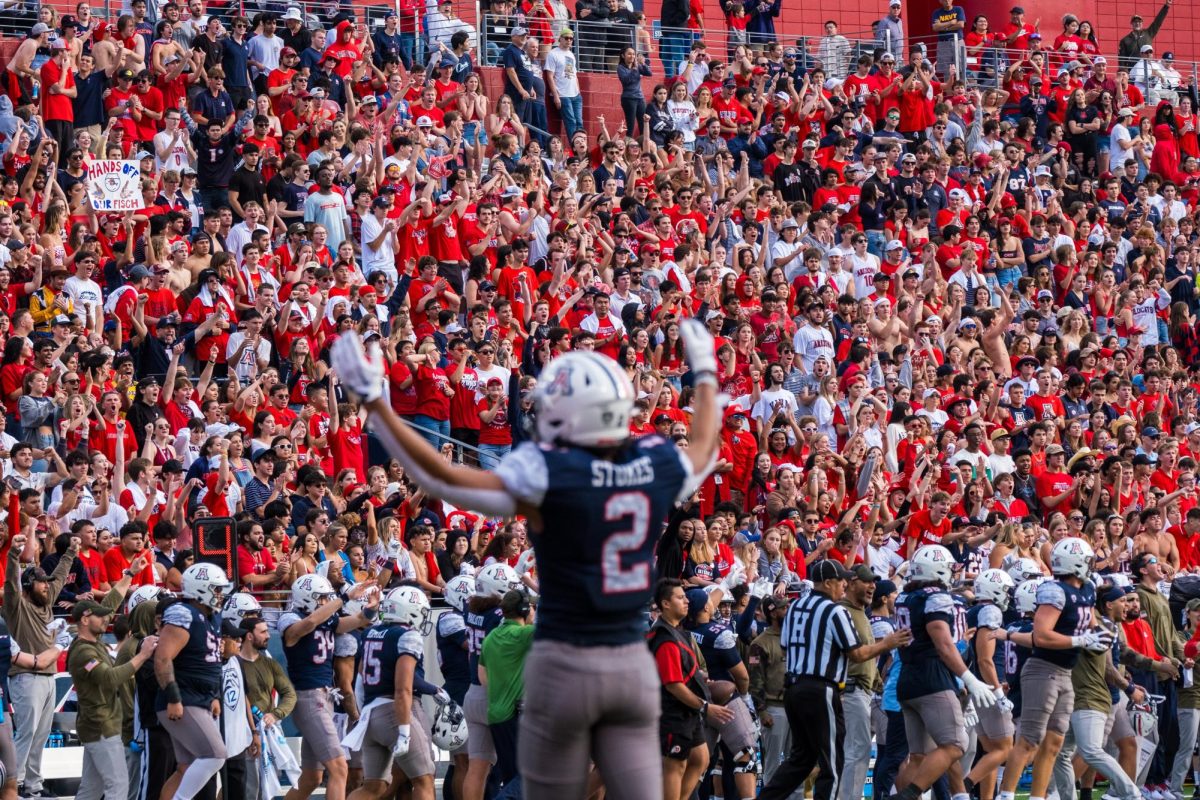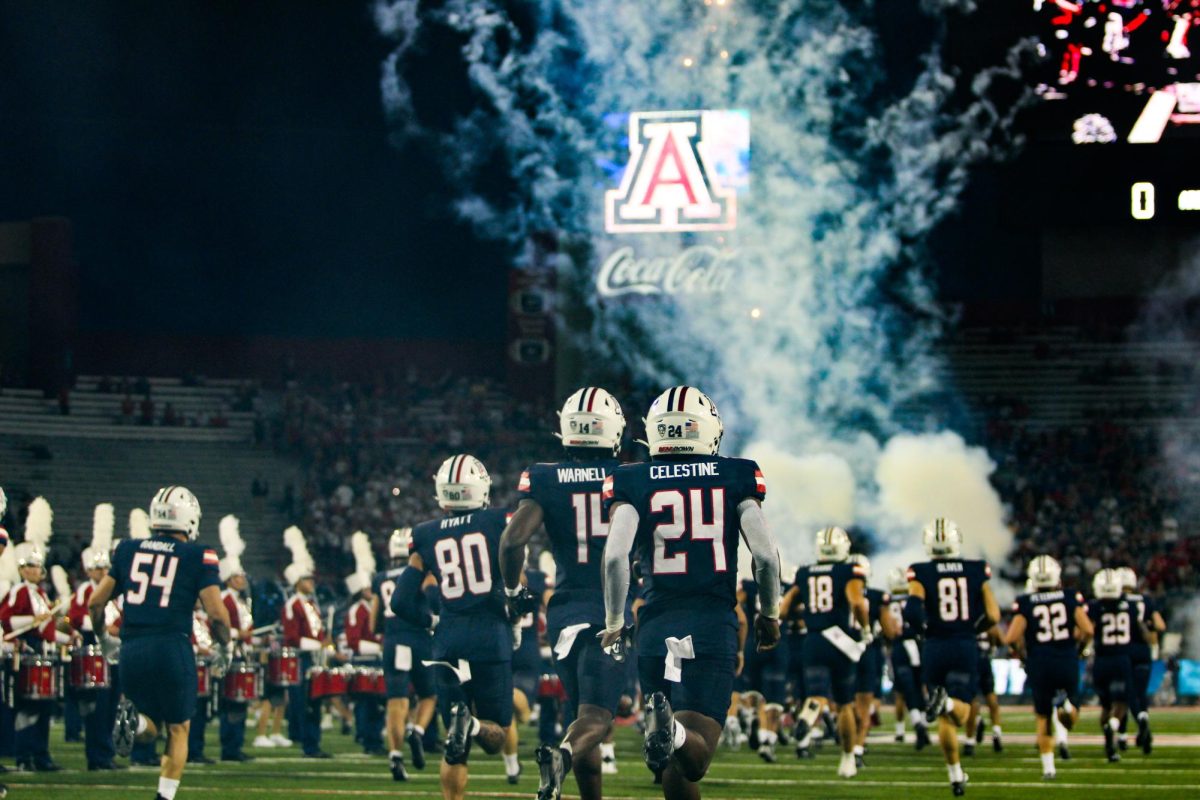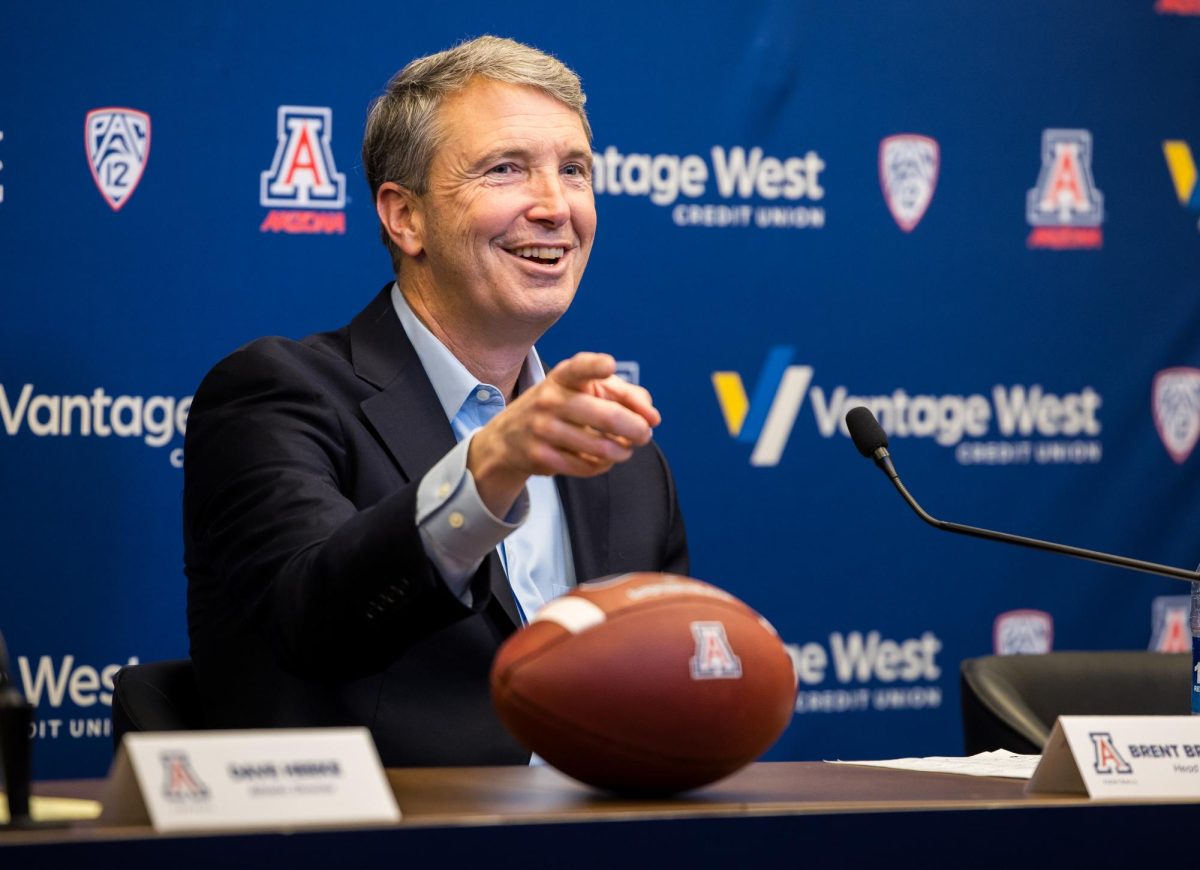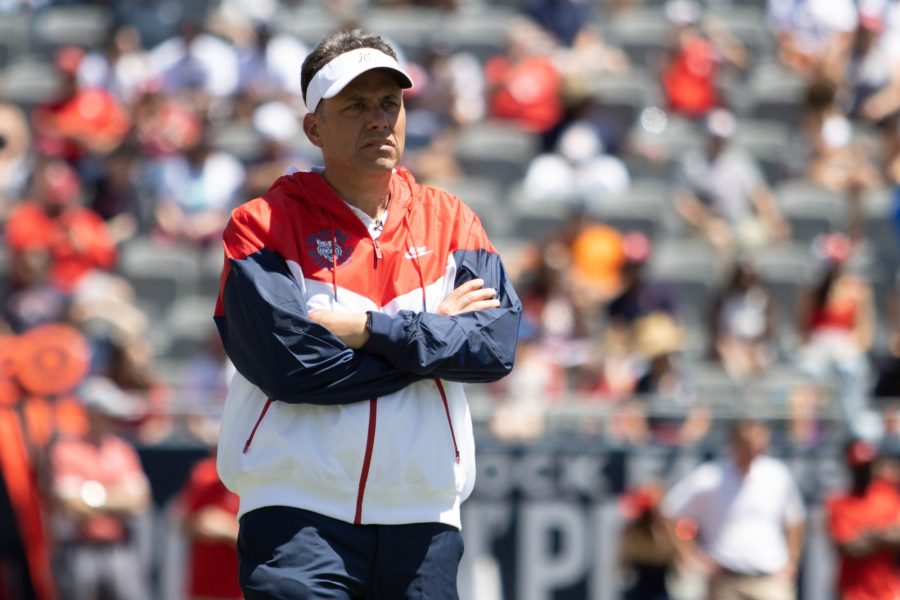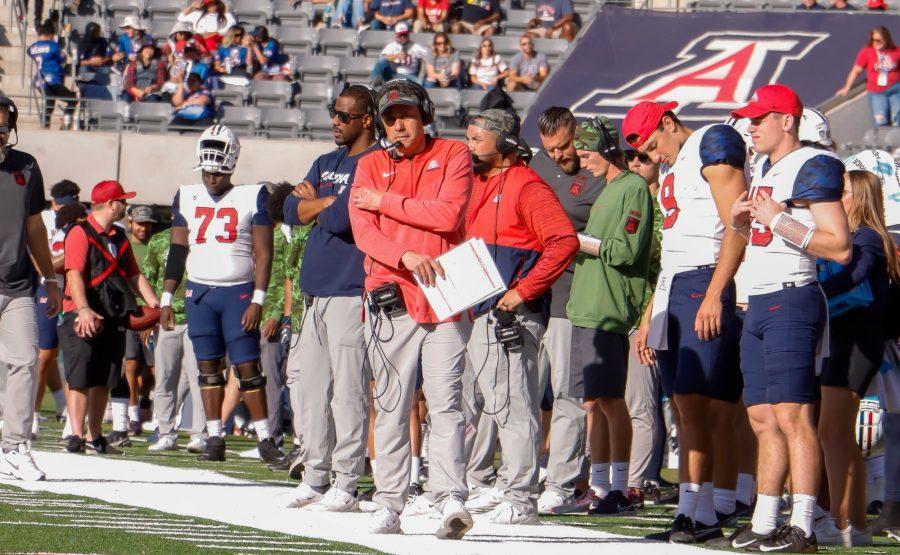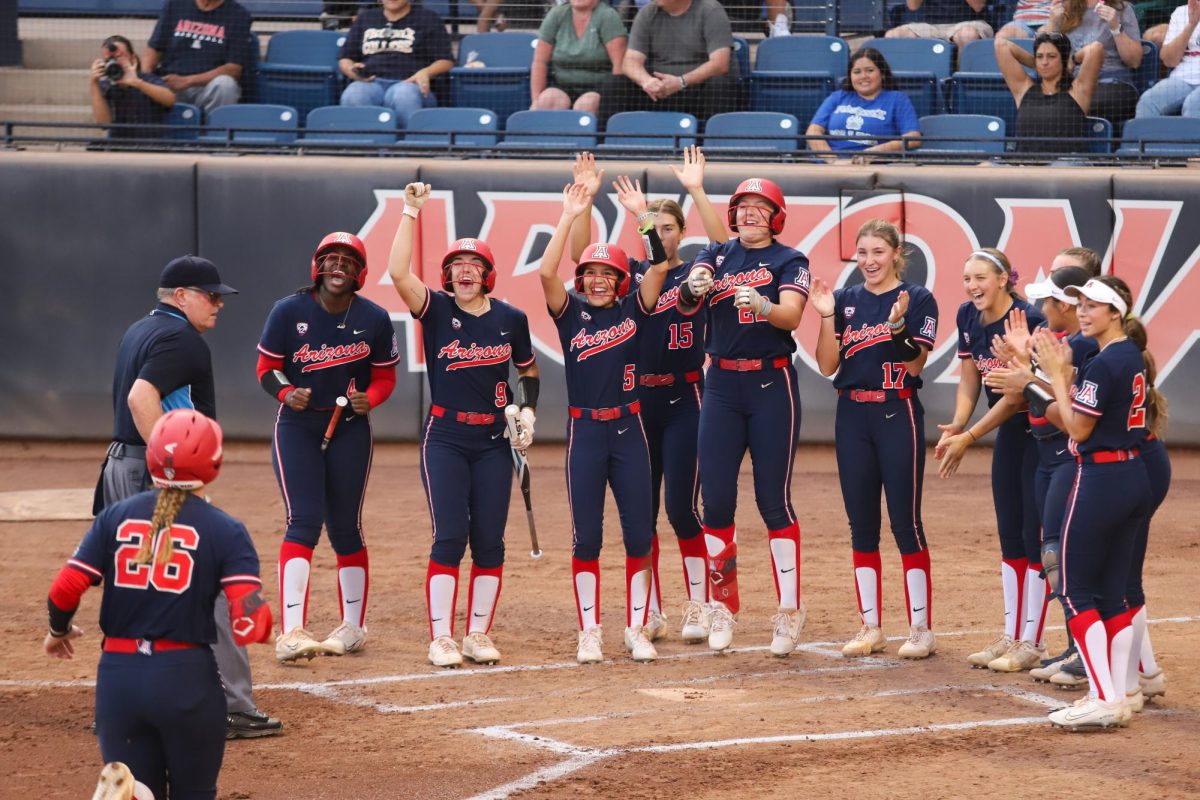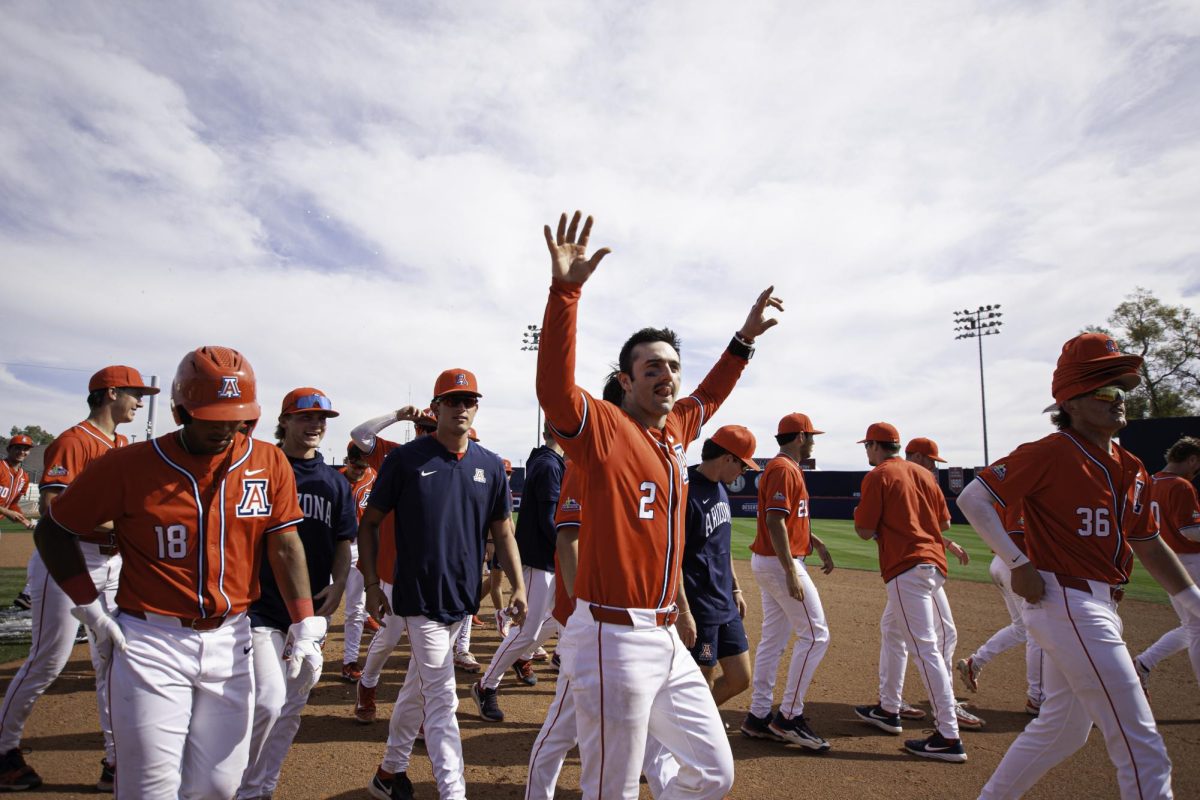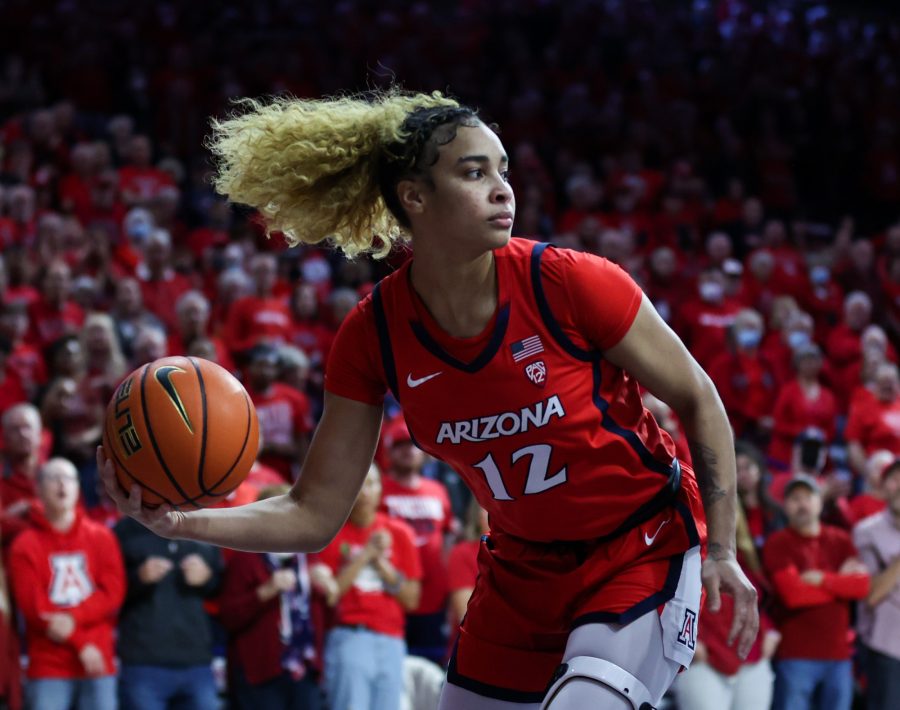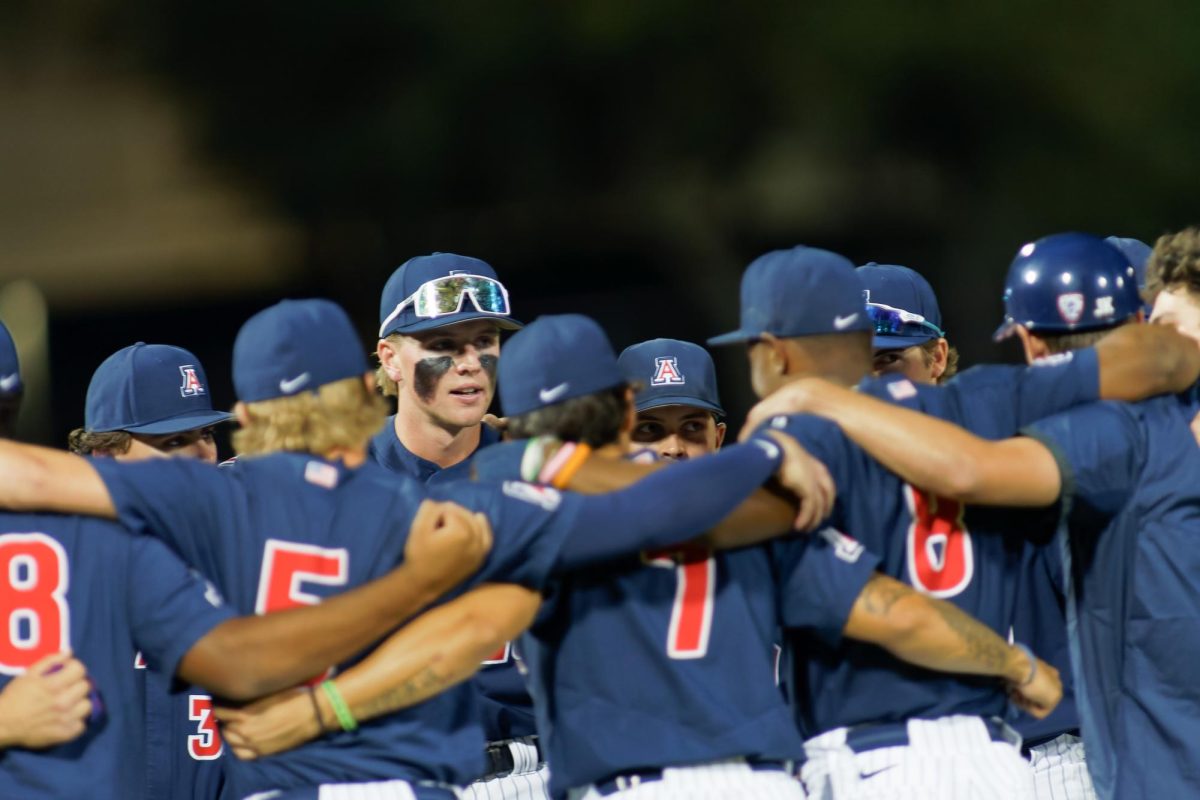Playing in the NFL sounds like a tremendous opportunity and, in the case of first and second round draft picks, it usually is. Yet, there is a cruel reality that will face most NFL hopefuls who enter the business of professional sports and the prospects of careers after football.
College football fans see their teams take the field for three or four years. Fans live with players’ performances and get to know more about them each passing year. We feel a connection with the players and want to see them succeed at the next level, not only because it makes us feel good, but because it reinforces our beliefs that we know talent when we see it.
But therein lies the problem.
Football isn’t like other professional sports. There are no guaranteed contracts, just guaranteed money from a signing bonus—the only guarantee players will ever get from the NFL. It is a business, not a charity.
Many fans don’t realize this and—the scary part is—a portion of close influences to athletes don’t, either.
A rookie can sign a four-year deal worth X amount of dollars, but if he injures himself in a way that puts his future in jeopardy, a team will have no choice but to terminate his contract and look for the next guy.
Take Scooby Wright III, for instance. A young man thought to be a sure-fire third to fourth round pick was selected in the seventh round by the Cleveland Browns. I am sure the celebration of being drafted was a relief, but the reality is not very promising.
The once Heisman hopeful will earn a projected $60,703 signing bonus on a four-year rookie contract, earning him a rough total of $2,355,000, according to Spotrac.com.

Safety Will Parks will have similar numbers, with a signing bonus of over $100,000 for being drafted in the sixth round. The contract numbers are only if they make the team—which appears to be a big if.
While Wright proved doubters wrong by going from a two-star high school prospect to first team college All-American, he isn’t battling for a roster spot based on his college statistics.
Professionally, he not only has the adversity of getting repetitions at his position because he is a low draft pick, but he also has to deal with players with considerably higher measurables than his.
The difficulty is that many prospects such as Wright don’t want to face the idea of losing out on their dreams of playing in the NFL.
An NFL player’s average career span is just over three years, according to the NFLPA. Wright’s likelihood of making it to a second contract at that position is minute. It is usually the big-money contract that will set a player up for life, not the rookie deal.
A contingency plan isn’t a bad thing if Wright doesn’t make it to an opening-day roster. He will be viewed as a great college player who didn’t have what it takes to make it to an NFL regular season roster—a lot of pressure to add to an already difficult decision.
Seventy percent of players drafted in the sixth round or later will not make the team’s 53-man roster, according to datascopeanalytics.com.
Wright’s signing bonus will only set him up in the short term after agent fees and taxes.
The NBA recently modified its system to allow for this. It is better for the student athlete to make an educated guess as to whether they should enter the draft. It is hard to believe Wright would have declared for the NFL Draft had he thought he would fall to the 250th overall pick.
Undrafted free agents, such as Cayleb Jones, also have a disconcerting battle as they attempt to play in the NFL. These players can negotiate a signing bonus, the amount of which varies depending on who the player is and the needs of the team.
Jones is in a pretty good position in Philadelphia, seeing as the Eagles don’t have much quality depth with wide receivers. Jones, as an undrafted free agent, could earn an estimated $130-150 in per diem each workout in the offseason and $925 per week during training camp.
If undrafted free agents sign contracts, they could also earn around $450,000 for a season, according to NJ.com.
The No. 1 overall pick, Jared Goff, is estimated to sign for just under $28 million, with a roughly $18.5 million signing bonus. Leaving as a junior was arguably a better choice for him.
But staying in college for four years isn’t a bad thing.
Wright was injured for most of his final collegiate season, which factored into his decision to leave school. One could argue he had more to gain by staying, but hindsight is 20/20.
Football is a big risk compared to the other major sports leagues. NBA and MLB hopefuls have leagues all over the world in which they can make money. Football doesn’t exactly have that.
The CFL is perhaps the only ‘other’ league, but after that is a stint in the arena league and then a spot in semi-professional football, a virtual dream league for guys who just want to play the game, compensation not necessary.
Football players have to prepare for life after football, whether that follows college or the NFL. Hopefully it works out for the guys that made the jump, but in the end, it just might not be enough.
Follow Saul Bookman on Twitter.




